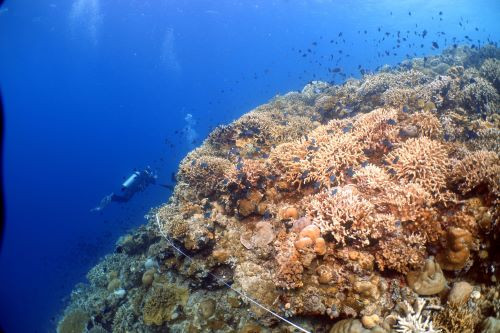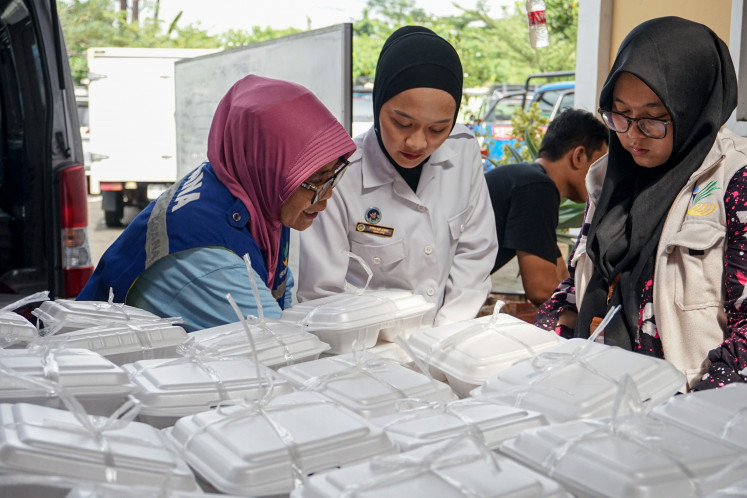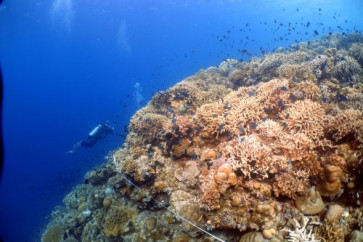Popular Reads
Top Results
Can't find what you're looking for?
View all search resultsPopular Reads
Top Results
Can't find what you're looking for?
View all search resultsHow Indonesian researchers are reversing the decline of coral reefs
The health of coral reefs directly impacts the fish population, on which large numbers of people in coastal communities depend.
Change text size
Gift Premium Articles
to Anyone
C
oral reefs are critically important for Indonesia. They provide coastal protection for over 17,000 islands across the archipelago, and these natural barriers help to mitigate the impact of waves, storms and tsunamis, significantly reducing coastal erosion and preventing loss of land.
The complex structure of coral reefs provides essential habitats for marine life, fostering biodiversity and contributing to the productivity of these ecosystems. This, in turn, supports key sectors such as fisheries and tourism, enhancing food security and economic stability.
Situated at the heart of the Coral Triangle, Indonesia plays a crucial role in sustaining complex food webs and ecological processes, making it a cornerstone of global marine conservation efforts.
However, coral reef ecosystems are under severe threat, due to climate change-related ocean warming and other human-induced activities, such as overfishing, unsustainable fishing practices and habitat degradation. More than 85 percent of reefs within the Coral Triangle region are currently threatened by stressors, substantially higher than the global average. The degradation of coral reef ecosystems will impact millions of people who rely on their ecosystem services, not just in Indonesia but worldwide.
This biodiversity hotspot provides crucial ecological connectivity to reefs in the Indo-Pacific. This makes it imperative to implement smart solutions that address both global warming, driven by rising carbon dioxide levels and local stressors. Finding out if coral reefs can adapt to these environments can also help communities adapt and become more resilient.
Many efforts have been undertaken to enhance coral coverage and restore biodiversity through coral restoration projects, but these initiatives are expensive and rarely driven by the communities. Moreover, current management strategies mostly focus on reefs with less exposure to thermal stress, often overlooking the importance of biological and socioeconomic adaptation. It is vital to develop adaptation strategies that are based on evidence and work well for protecting biodiversity and keeping fisheries sustainable.
Researchers at universities in Makassar, South Sulawesi, and Ambon, Maluku, are making a critical contribution through research and ecological surveys as part of a large-scale United Kingdom-Canada funded research initiative, Climate Adaptation and Resilience (CLARE).



















